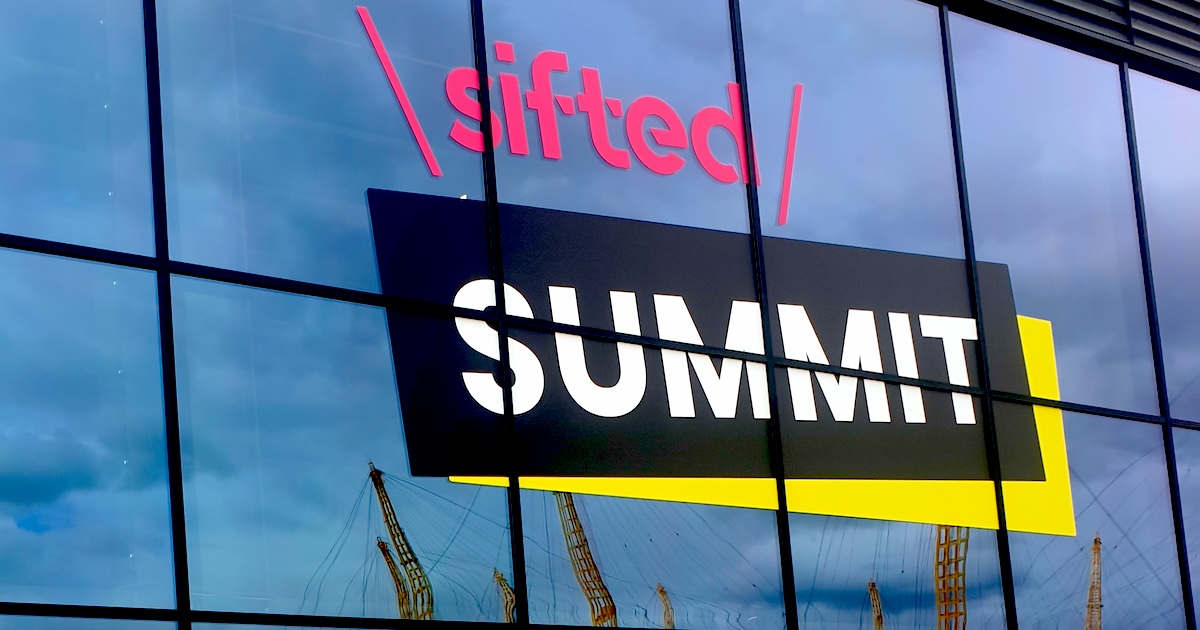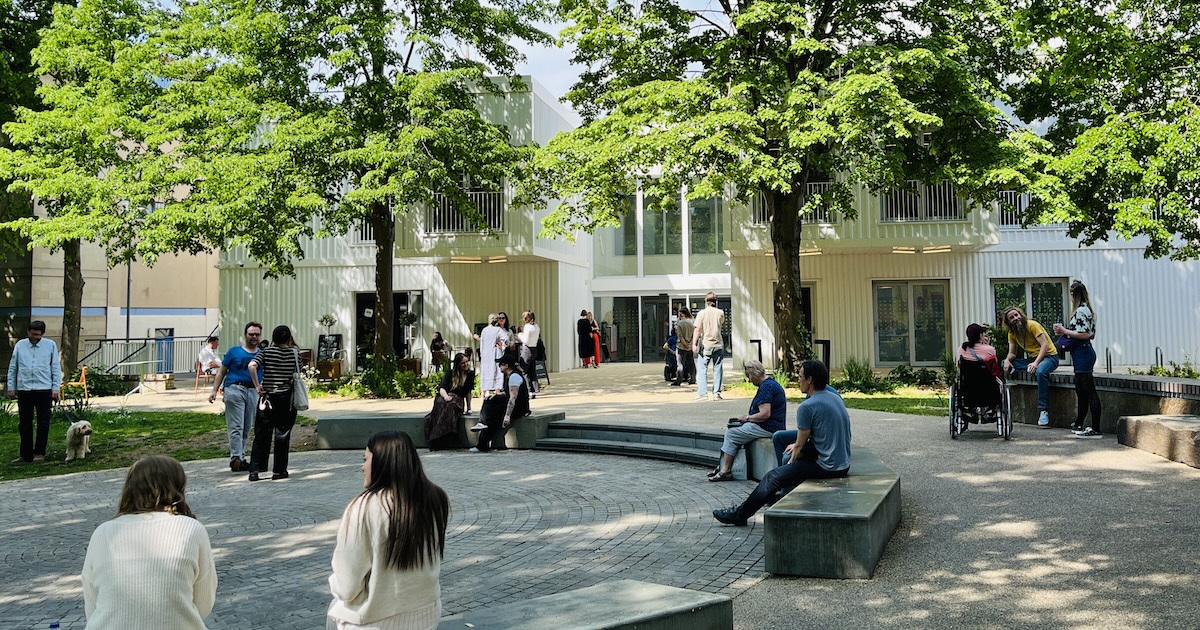This month we attended Sifted Summit 2023 alongside four of our NCSC For Startups alumni company founders, including:
- Shadi Razak, CTO at Angoka, which provides hardware-based solutions that safeguard smart cities and mobility-critical machine-to-machine communication, integrity and data provenance, creating trusted connections, even in untrustworthy networks.
- Ryan Heartfield, CTO and co-founder at Exalens, which supports businesses through digital transformation with an automated platform that monitors, enhances and unifies cyber and physical security.
- Vivian Dufour, CEO at Meterian, which provides continuous protection from cyber and IP breaches caused by software vulnerabilities in the open-source supply chain and infrastructure code used by enterprises.
- Ben Graville, CEO at Visible, which empowers people to see their digital-self, control the underlying data and change how others perceive them, creating a way for people to protect and enhance their online image and safeguard themselves against digital threats.
The mood of the Sifted Summit was one of tentative hope for the future as the various meetups, talks and roundtables that took place shared a similar theme of looking to find solutions rather than focusing on problems. Throughout the event, it became increasingly clear that most tech industry founders, employees and investors are looking to solve impact problems and it was refreshing to be surrounded by individuals keen to make real positive change.
One of the standout themes of the conference from a Plexal perspective was the repeated emphasis on the importance of collaboration and how all problems get solved collectively rather than individually. This ties in seamlessly with Plexal’s mission of closing the gap between organisations to bring startups, government and industry together to solve society’s biggest challenges.
Another strong Sifted Summit theme was values and tech for good, accompanied by the idea that being commercially successful and value-driven are not mutually exclusive. The trend towards purpose and values is also making its mark on the investment sector as ESG and diversity are slowly making their way higher and higher up on the investment agenda.
As expected, advances in generative AI were a heavily discussed topic, with these developments positioned as game-changing and a possible way for startups to get ahead. Startups have the advantage over more established corporations with agility to be AI native and embed these new technologies into their business from the very beginning to ensure efficiency. Whereas larger companies may take time to build AI solutions that fit into their established processes.
In the ‘New Rules: Playing a New Startup Game’ panel, the panellists claimed that we may be coming towards the end of the particularly challenging time the tech startup industry (and most other industries) have been facing over the past few years. Tessa Clarke, CEO and Co-Founder of OLIO, described how it has been “brutal” for the majority of founders as they tackle some of the unprecedented economic and political conditions startups have found themselves in in recent years such as the pandemic, the war in Ukraine and the cost-of-living crisis. These conditions have forced investment firms and startups alike to dial out and look at a longer timeframe and not expect such quick and immediate growth.
It was explained that all these economic and political conditions have led to the build-up of a wall of capital waiting to be deployed. The panellists suggested that the money needs to go back into the market and startups were advised to start to prepare themselves for a window of huge growth opportunity to emerge in the near future. Panellist Eileen Burbidge, Partner at Passion Capital and Director at Fertifa, reassured us that we’re most definitely not at the end of the entrepreneurial age and that we’ll always continue to innovate and build new solutions.
The final reason for optimism at the Sifted Summit was due to the positive changes we’ve seen in the industry in the past few years as it’s become increasingly inclusive, reinforced by the British Asian Entrepreneurs (BAE) HQ meetup on increasing diversity in the tech sector. They highlighted the unique and lonely journey you can sometimes go through when founding a startup and emphasised the importance of finding a supportive community to navigate that with. It was clear that more and more people particularly from disadvantaged backgrounds have been able to find this over recent years due to important community-building organisations and clusters being set up.
It’s suggested the impact of generative AI will be massive and there are good reasons to suggest some of the effects could be hugely positive in creating a fairer society and a more fulfilling future of work. Another theme was the suggestion that we may be coming towards the end of the challenging economic conditions we’ve all been facing over the past few years as well as taking steps towards making the tech industry more diverse and inclusive. Overall, the Sifted Summit highlighted the industry’s move towards solving impact problems and that people are looking to build, and work for, startups aiming to have a real positive effect on our future.


